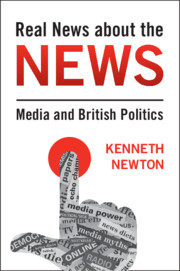By the early 1990s, the core executive was established as the ‘new orthodoxy’ in the study of British government at the centre. Thirty years on, this article avers that its main assumptions are increasingly questionable in the light of more recent empirical evidence. The core executive approach may well have outlived its usefulness. This claim is derived from analysis of the Cameron premiership from 2010 to 2016. The focus is on how Whitehall reform radically altered the relationship between politicians and civil servants, reshaping prevailing public service bargains and rules of the game. Ministers identified mechanisms to rebuild political capacity, augmenting partisan control of the bureaucracy. They drew on resources from outside the core executive while politicians increased their sway over civil service appointments. As a result, officials felt they should be ‘responsive’ to ministers. The cumulative effect was to replace interpersonal and institutional resource dependency with a ‘them and us’ model. Consequently, the risk of policy disasters and fiascos grew.
